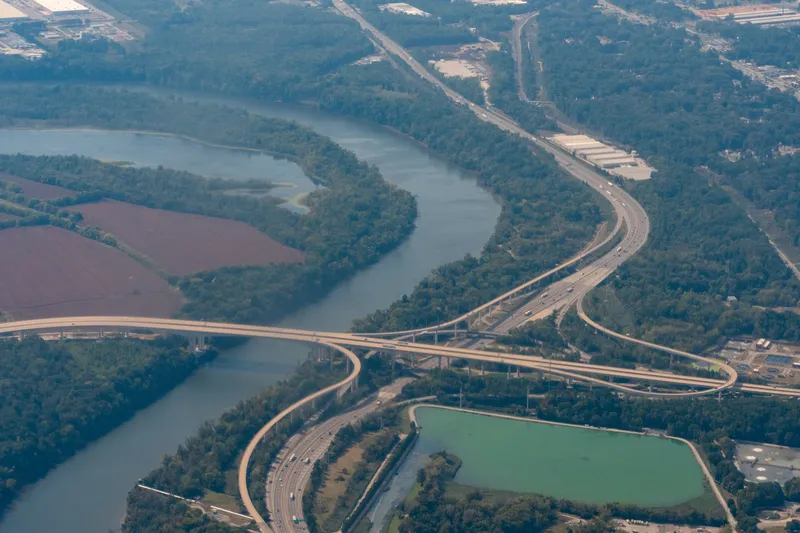
Openvia, part of Globalvia Group, has deployed Valerann's AI traffic monitoring system on the Pocahontas Parkway in Virginia, US.
Lanternn by Valerann (LbV) is being used on the 10-mile toll road which runs south-east of Virginia's state capital, Richmond, connecting Interstate 95, State Route150 and Richmond International Airport.
The companies say it will "help increase traffic safety and efficiency on the Vietnam Veterans Memorial Bridge, which is prone to high winds and fog, and manage motorway congestion by monitoring the arterials leading to Pocahontas Parkway".
The deal - part of Openvia’s NeoRoads programme - includes the installation of 25 mobile and 20 fixed cameras and integration with existing ITS in the concession.
LbV is designed to provide real-time traffic information beyond the cameras' vision coverage - taking data from multiple sources including Waze, Google Maps, concessionaire units, cameras and GPS - and thus boost safety, improve traffic flow and cut response times in the event of an incident.
Michael Vardi, CBO and co-founder of Valerann, says "Our cutting-edge technology will enable the concessionaire to efficiently manage traffic congestion, improve safety on this vital road network and inform users of relevant information during the trip. We are excited to see the positive impact it will have on the community."
Fernando Vallejo, Openvia CEO, says: "Our commitment to innovation in the transportation sector is unwavering, and this deployment is a testament to our dedication to improving the driving experience for motorists."










